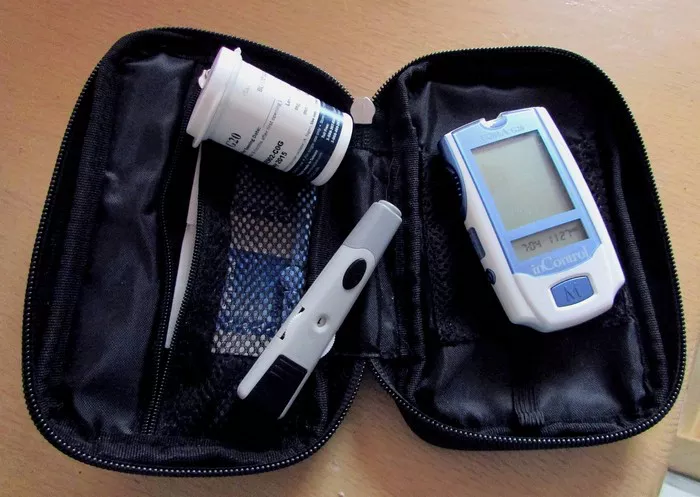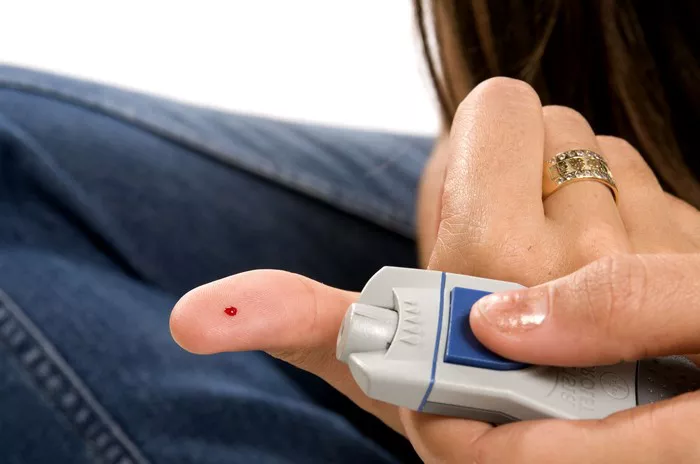Diabetes mellitus, a chronic metabolic disorder characterized by elevated blood glucose levels, encompasses a spectrum of severity and complexity. From mild cases managed with lifestyle modifications to severe forms requiring intensive medical intervention, diabetes manifests across different levels of severity, each with distinct clinical features, management approaches, and prognostic implications. In this comprehensive article, we explore the diverse levels of diabetes, ranging from prediabetes to advanced stages of the condition, shedding light on their significance for diagnosis, treatment, and long-term outcomes.
Introduction to Diabetes Mellitus:
Diabetes mellitus is a global health concern affecting millions of individuals worldwide and posing significant challenges to healthcare systems. The condition arises from impaired insulin secretion, insulin action, or both, leading to hyperglycemia and metabolic disturbances. Insulin, a hormone produced by the pancreas, plays a central role in regulating blood glucose levels by facilitating glucose uptake into cells and promoting glycogen synthesis and storage. Dysregulation of insulin signaling pathways results in glucose intolerance, glycosuria, and a myriad of acute and chronic complications affecting various organ systems.
The Different Levels of Diabetes:
Diabetes mellitus encompasses a continuum of severity, spanning from subclinical stages with mild glucose abnormalities to advanced disease states associated with significant morbidity and mortality. The different levels of diabetes include:
1. Normoglycemia:
Normoglycemia refers to the normal range of blood glucose levels typically observed in healthy individuals without diabetes.
- Diagnostic Criteria: Fasting plasma glucose (FPG) <100 mg/dL (5.6 mmol/L) and hemoglobin A1c (HbA1c) <5.7%.
- Clinical Significance: Normoglycemia indicates optimal glucose metabolism and minimal risk of diabetes-related complications.
2. Prediabetes:
Prediabetes is a precursor to diabetes characterized by impaired glucose regulation and an increased risk of developing diabetes and cardiovascular disease.
- Diagnostic Criteria: FPG 100-125 mg/dL (5.6-6.9 mmol/L), oral glucose tolerance test (OGTT) 140-199 mg/dL (7.8-11.0 mmol/L), or HbA1c 5.7-6.4%.
- Clinical Significance: Prediabetes serves as a warning sign for impending diabetes and warrants lifestyle modifications (e.g., diet, exercise) to prevent progression to overt diabetes.
3. Type 2 Diabetes Mellitus (T2DM):
Type 2 diabetes mellitus is the most common form of diabetes, characterized by insulin resistance, impaired insulin secretion, and hyperglycemia.
- Diagnostic Criteria: FPG ≥126 mg/dL (7.0 mmol/L), OGTT ≥200 mg/dL (11.1 mmol/L), HbA1c ≥6.5%, or classic symptoms of hyperglycemia with random plasma glucose ≥200 mg/dL (11.1 mmol/L).
- Clinical Significance: T2DM requires ongoing medical management to achieve glycemic control, prevent complications, and reduce cardiovascular risk.
4. Gestational Diabetes Mellitus (GDM):
Gestational diabetes mellitus is a form of diabetes that develops during pregnancy and increases the risk of maternal and fetal complications.
- Diagnostic Criteria: Abnormal glucose tolerance on prenatal testing (e.g., OGTT) without preexisting diabetes.
- Clinical Significance: GDM requires close monitoring and management to optimize maternal and fetal outcomes, with lifestyle interventions and insulin therapy as needed.
5. Type 1 Diabetes Mellitus (T1DM):
Type 1 diabetes mellitus is an autoimmune condition characterized by destruction of pancreatic beta cells, leading to absolute insulin deficiency.
- Diagnostic Criteria: Presence of autoantibodies (e.g., anti-islet cell antibodies, anti-glutamic acid decarboxylase antibodies) and clinical symptoms of diabetes.
- Clinical Significance: T1DM necessitates lifelong insulin therapy for glycemic control and prevention of acute complications such as diabetic ketoacidosis (DKA).
6. Monogenic Forms of Diabetes:
Monogenic forms of diabetes, such as maturity-onset diabetes of the young (MODY), are rare genetic conditions characterized by mutations in specific genes affecting beta cell function.
- Diagnostic Criteria: Genetic testing to identify pathogenic mutations associated with monogenic diabetes.
- Clinical Significance: Monogenic diabetes may require specific treatment approaches tailored to the underlying genetic defect.
7. Secondary Diabetes Mellitus:
Secondary diabetes mellitus arises as a complication of underlying conditions such as pancreatitis, cystic fibrosis, hemochromatosis, or medication-induced hyperglycemia.
- Diagnostic Criteria: Identification of underlying etiology contributing to hyperglycemia.
- Clinical Significance: Management focuses on addressing the underlying condition and optimizing glycemic control to prevent complications.
Conclusion:
Diabetes mellitus encompasses a spectrum of severity and complexity, ranging from prediabetes to advanced stages of the condition, each with distinct clinical features, management strategies, and prognostic implications. By understanding the different levels of diabetes and their significance, healthcare providers can tailor interventions to individual needs, optimize glycemic control, and improve long-term outcomes for individuals living with diabetes mellitus. Through comprehensive care, education, and advocacy efforts, we can strive to mitigate the global burden of diabetes and promote health equity for all.


























